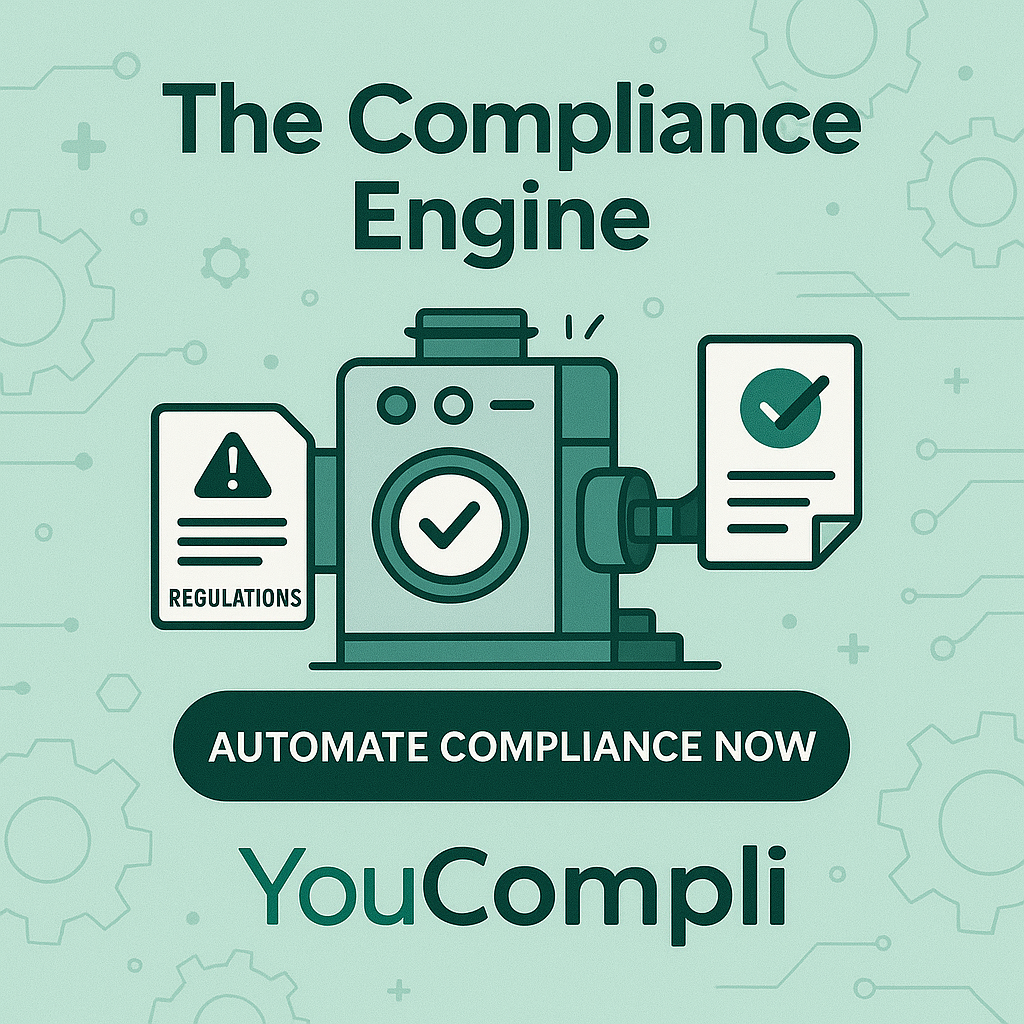07 July 2025
5 Strategies for Compliance Accountability Across the Organization
On a daily basis, compliance officers are asked to find solutions to a variety of operational requirements. For...
04 June 2025
Aggressive vs Assertive Communication: What New Healthcare Compliance Officers Need to Know
"When it comes to the compliance program, effective communication is essential for building strong relationships,...
14 May 2025
How Storytelling Improves Compliance Communication and Training
"It’s really simple – people get hooked on stories, and the tales stick with us. For example, once upon a time,...
15 January 2025
Five Strategies for Aligning Human Behavior With Your Compliance Program
“Compliance work is complex, and success in compliance requires human interaction. By understanding the psychological...
19 November 2024
How Slowing Down Makes for a More Productive Compliance Program
“As regulations change or investigations are needed, we often get pushed to work faster, meet tighter deadlines,...
23 October 2024
Compliance Leadership Diversity is Key: Legal, Business, and Clinical Backgrounds
“No single background has all the answers, but by combining the strengths of these diverse perspectives, healthcare...
04 September 2024
How to Build Compliance Competence, Credibility, and Collaboration
“Compliance is not just about enforcing rules – it is about guiding your organization towards a culture of integrity...
13 August 2024
Next Jen: The Value of Compliance Programs and Teams
“Rather than limiting the breadth and scope of your compliance program to what is minimally required by regulators,...
23 July 2024
When Compliance is the Problem: “Us” Versus “Them”
“By bridging the gap between “us” and “them,” compliance teams can transform the perception of compliance teams...
19 June 2024
I Got the Compliance Job! Now What?
“During that first interview of mine, the interviewer told me, “I need someone who can build relationships, is strategic...
29 May 2024
Tips for Handling Tough Feedback
“Handling tough feedback is never easy, and quickly challenges your ability to remain professional. With the right...
28 February 2024
Tips for Overcoming Four Common Blind Spots for Effective Communication
“Falling victim to communications blind spots can damage your relationships with healthcare leaders and contradict...
25 October 2023
Reversing Conventional Thinking About Compliance
Explore how compliance professionals can prove their true value in organizations, dispel misconceptions, and effectively...
05 October 2023
How to Make a Compliance Culture Contagious
“In the business of healthcare, promoting a culture of compliance is not merely a goal – it's a necessity. There...
20 September 2023
Three Ways to Take a Service-Minded Approach to Compliance
“We’re continually being asked for advice to help our healthcare leaders. Essentially, we are acting as a customer...







